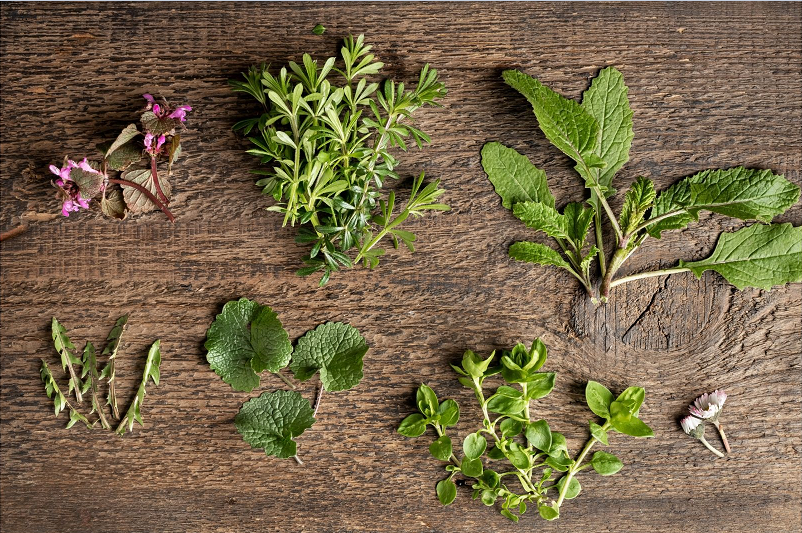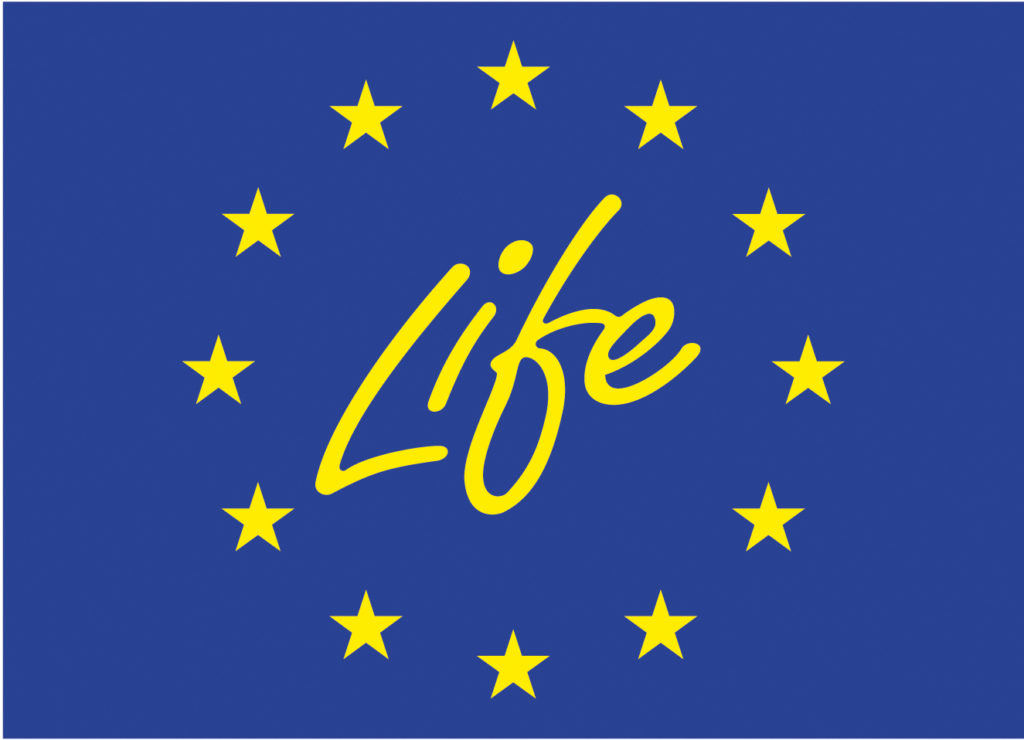
It is well known that plants carry out many vital functions, such as holding the substrate or providing oxygen. But there is more: they are an essential source of food.
Until not too many years ago, the oral transmission of the uses of plants was essential for our survival because they performed a vital function. In other words, we had to know correctly what particular services the plant species in front of our eyes provided; otherwise, we might even die. Today, on the other hand, such a service is provided without the need for this oral knowledge of older generations
We saw all this some time ago, in another article on this website, “Ethnobotany in our towns“, which we invite you to read and share if you have not done so yet.
The Eixarcolant collective has been working along these lines since 2016, aiming to promote a more sustainable, ethical and fair model of food production, distribution, consumption and socio-economic development, using the recovery of wild edible species and traditional agricultural varieties as a tool. To achieve this, they work in a wide range of areas: from research, territorial dynamisation, dissemination and training to consultancy.
Today Jana Peters from the Eixarcolant Collective came to visit the Menja Actua Impacta Exhibition, in El Prat de Llobregat, and gave us the following interview:
What is the Eixarcolant Collective?
We are a non-profit organisation and cooperative based in Jorba, near Igualada, in the Anoia region, and we have been working for almost seven years to promote a more sustainable agri-food system. However, we always claim that the tool to do so (to achieve proximity products and ecological agriculture) are what we call forgotten plants. Among these, we include edible wild plants and traditional agricultural varieties.
What is your line of action?
Right now we have about ten lines of action, all of them with the objective of achieving a more sustainable agri-food system compatible with those forgotten plants. And from here, we have a very wide range of things. It is important that these species and their associated knowledge are not lost, therefore, apart from ethnobotanical prospecting (which means talking to the elderly and recovering their knowledge), we also have a seed bank from which we are planting all those that are cultivated so that they are not lost.
We do have these plants, but if nobody knows about them, it’s no use, so we carry out different informative activities, and we also make dissemination material (books, calendars, etc.) so that people can get to know them. Also, so that people can buy them, these seeds of forgotten plants are for sale and we are starting a food line so that people can try these species and varieties first-hand.
What are edible wild plants?
They are all those plants that are born spontaneously, that we do not need to plant, but many of them are already in the soil seed bank. Depending on the environment in which we find ourselves, some will grow and others will not. These are all plants that we can use to feed ourselves.
What is the activity ‘Tast de Natura’ [A Taste of Nature]?
We walk around the building and identify some of these plants that grow spontaneously and that we could incorporate into our daily diet, a tool to diversify that diet with local, seasonal produce and, therefore, with a much smaller ecological footprint. They are plants that are also very well adapted to the territory in which we live.
What activities do you organise?
There are virtually two different activities a day and, as a result, there are many, both in the private sphere and in institutes and schools; also in community centres and town councils. There are many activities all over Catalonia, but if there is one date to remember, it is 17 September, when we hold the Jornada Gastronómica de las Plantas Olvidadas [Gastronomic Day of Forgotten Plants], which is the event that gave birth to the Eixarcolant collective and consists in a whole-day celebration with more than a hundred activities that you can all come and enjoy.
- Read more, related articles: Ethnobotany in our towns.

